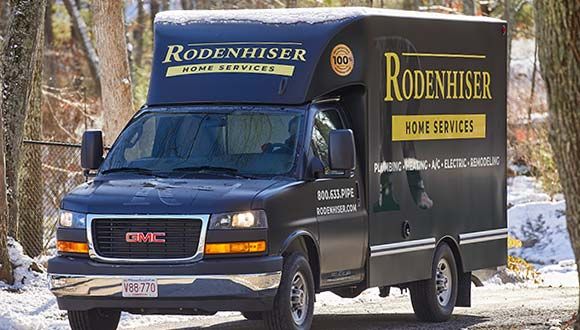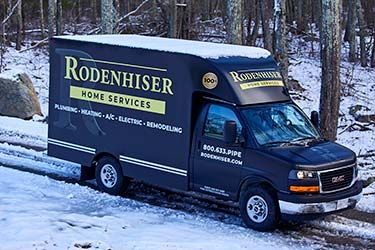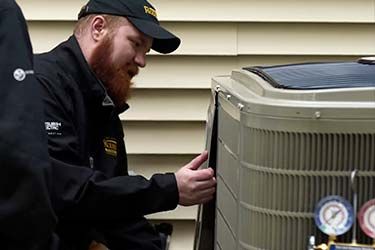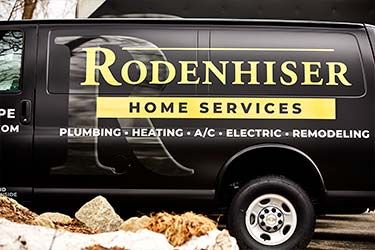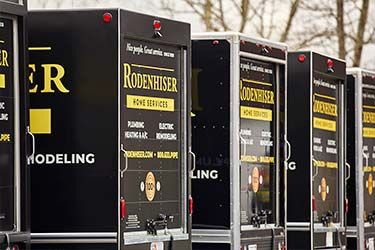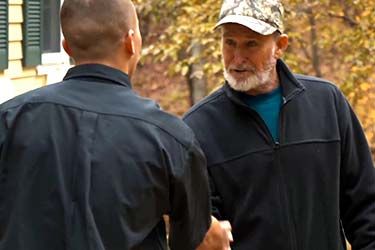
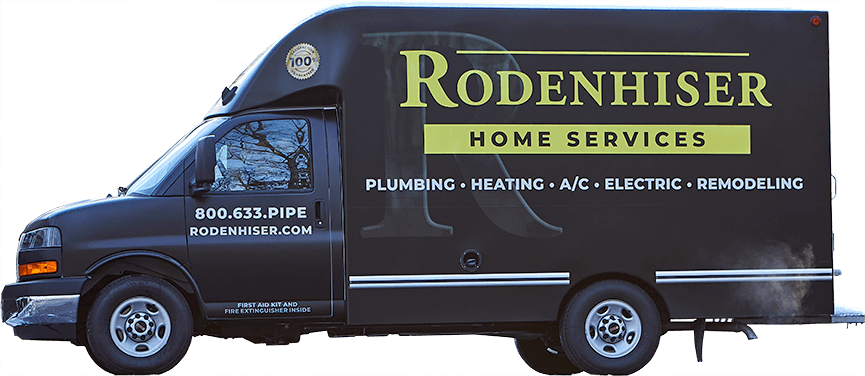


As we have learned how to seal up our homes to keep out cold air in winter and hot air in summer, we have encountered the problem of getting fresh air into the home. When houses were drafty, had no insulated windows, were poorly insulated and weatherstripping was never used, fresh air was not a problem. Plenty was coming in the home. Trouble was, it was costing more to provide the heating or cooling. Tightening up the home reduced those costs but created bad inside air.
Fresh air intakes were the answer to the situation. With fresh air movement controlled, we could move out stale, moist air and bring in fresh air. This created a better balance. Outside air is, however, just as cool in the winter and warm in the summer as it was.
So a method was developed to allow the warmed, outgoing air to heat the incoming fresh air. That method is accomplished with heat recovery ventilators. Simply put, heat recovery ventilators act much like automobile radiators. As the needed fresh air comes in, it can be heated through an exchange system up to an amazing 85 percent by the outgoing stale air.
This saves energy by utilizing air that has already been warmed and heating incoming air. As the outside air goes into heat recovery ventilators, it is kept separate from outgoing air. Only the heat transfers; the pollutants and humidity go out. Incoming air becomes warmed or cooled and the heating and cooling system does not have to work as hard.
Colder climates, such as ours in Massachusetts, get the most benefits from heat recovery ventilators due to longer winters than more southern climates. Energy savings can often be substantial by using the exhaust air to heat the fresh air.
More information can be found on heating efficiency at the Energy Star web site. You can also get the latest information on saving energy and money by visiting the Rodenhiser website at: www.rodenhiser.com. Our experts are trained in the latest heating and cooling technology and can tell you if an HRV would be right for your home.
Our goal is to help educate our customers about energy and home comfort issues (specific to HVAC systems). For more information about heat recovery ventilators and other HVAC topics, download our free Home Comfort Solutions Guide.
Rodenhiser Plumbing, Heating and Air Conditioning serves the Route 495/128 area of Massachusetts. To get started, check out our website or see our current promotions.





Both Alex and Patrick were knowledgeable, courteous, and professional. They made a change that might have solved the recent problem and have structured a more complete solution. We agreed to this...
Mike was thorough, thoughtful and considerate. Covered their shoes before entering, surveyed my issue and provided an explanation of the services and costs. Great Job!
Alex did a great job providing an explanation of the services provided and went out of his way to offer assistance/advice on other issues outside of our scheduled maintenance visit.
Brian did an excellent job inspecting our 18-year old boiler and replacing some of the accessory hardware that needed it, he also adjusted the outgoing hot water settings for our radiators and...
Rodenhiser is my one stop shop!!! They take care of my HVAC, electrical, and plumbing issues & are always helpful addressing any questions I may have about the systems in my house! Everyone...
Chris G. and Nick V. showed up bright and early at 8am to fix my water heater issue. They were on time, polite and were able to fix an issue that has been plaguing my house for a good year. They...
When you are looking for plumbing, electrical, heating or air conditioning in the Route 495 / 128 area, you will be delighted that you called Massachusetts' trusted choice since 1928.
With a total dedication to professional workmanship and excellent service, discover why families and businesses continue to trust Rodenhiser after generations of service
